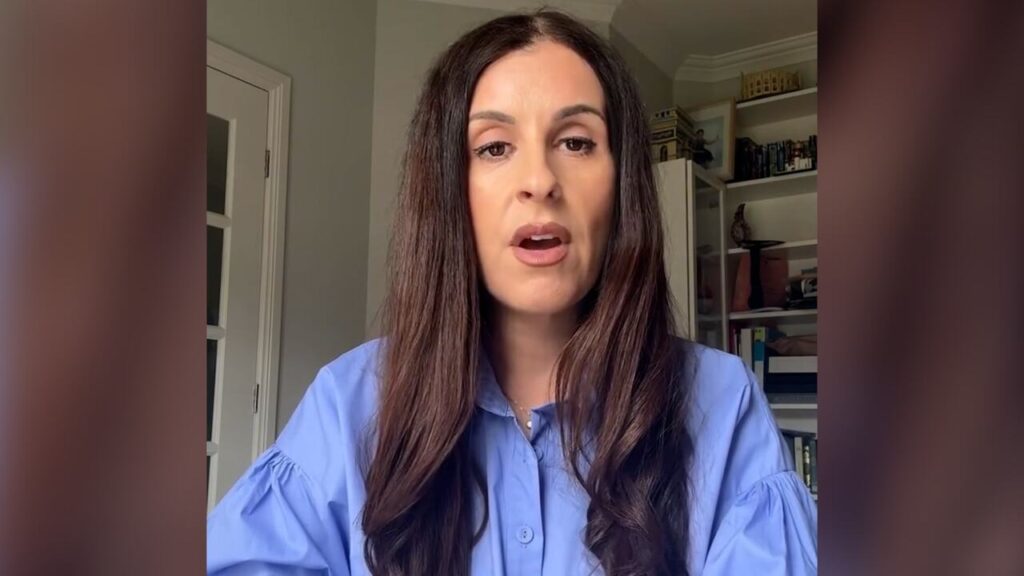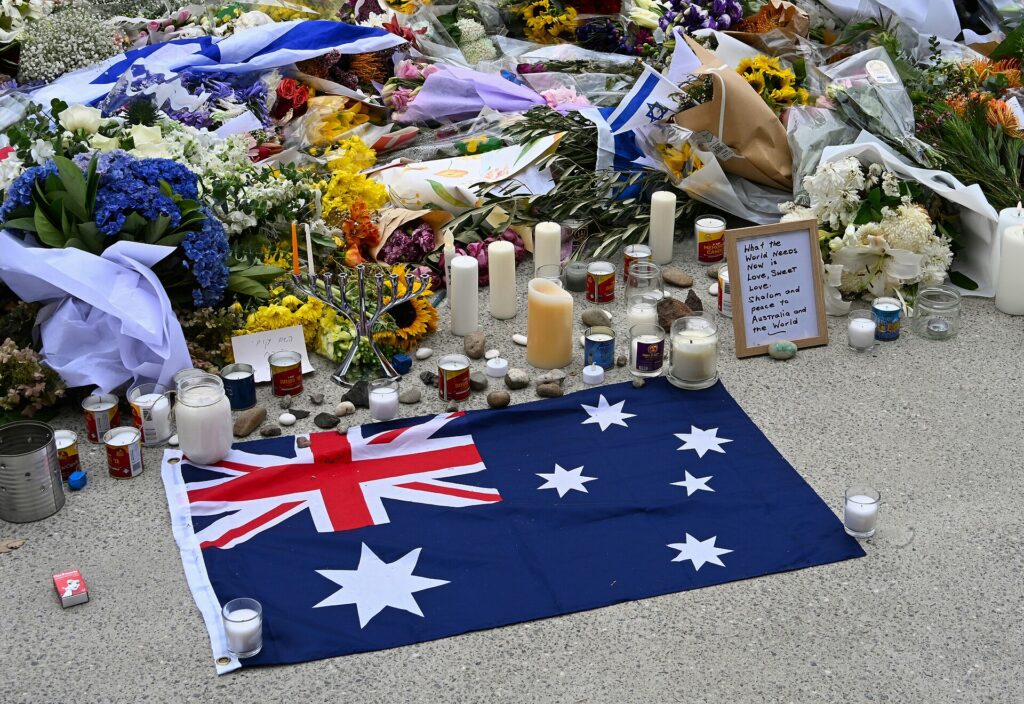IN THE MEDIA
Wild and Woollacott
February 27, 2009 | Jamie Hyams
Jamie Hyams
Wild and Woollacott
A review by Guardian writer Martin Woollacott of Patrick Tyler’s book A World of Trouble: America in the Middle East appeared in the “Panorama” section of the February 14 Canberra Times. Tyler strongly criticises US actions in the Middle East and Woollacott, a long time critic of Israel, strongly agrees. He writes that US presidents and advisers “made things worse by an increasing partiality for Israel.” It is well known that Yasser Arafat’s intransigence wrecked the Oslo Accords. However, to Woollacott, “The blame for the failure at Camp David, as Tyler writes, belonged to Ehud Barak and Clinton rather than to Arafat.” However, not all Americans were bad: “James Baker was one of the few presidential advisers over the years who got things right, notably when he put an unprecedented financial squeeze on the Israeli government.” Even when Israel made peace Woollacott still found a way to condemn it, writing, “Jimmy Carter secured a peace between Israel and Egypt, but it was one that was exploited by Israeli governments.” Interestingly, as noted at the end of the review, the book isn’t even available in Australia yet, but clearly the “Panorama” editors liked the review so much they published it anyway.
Sheridan the Antidote
Often, when misconceptions about Israel become the accepted wisdom in much of our media, Greg Sheridan provides the antidote. Binyamin Netanyahu is often portrayed as a hardliner whose leadership would be a disaster for peace, while the expansion of Israeli settlements is regarded as a major, and sometimes even the major, obstacle to peace. In the February 14-15 Weekend Australian, however, Sheridan wrote that, “when Netanyahu was prime minister he felt himself bound by the Oslo Accords, engaged in negotiations with Arafat, withdrew from much of Hebron, and tried hard to negotiate a peace deal with Syria. Although he has never espoused a Palestinian state, as Livni does, he has made it clear that he is willing to accept one if it means an end to Palestinian terrorism against Israel and an end of Palestinian territorial claims… Similarly, Netanyahu’s position on Jewish settlements in the West Bank is really not so controversial. He says settlements can expand within their existing boundaries but not take any new Palestinian land. It is a common position among all Israeli politicians that some Jewish settlements — the close Jewish suburbs of Jerusalem, for example — will be retained by Israel in any final settlement (in exchange for other land given up from Israel proper). Therefore if these settlements expand, upwards as it were, more people within the same area, it doesn’t affect peace prospects.”
Forgetful Fin.
The February 16 Australian Financial Review editorial concluded, “What is worse – much worse – than faltering peace efforts is no peace process at all. Unfortunately, the latter has been the case for the past eight years.” They seem to have forgotten about the Roadmap, Israel’s unilateral withdrawal from Gaza and the Annapolis peace process.
Tags: Australasia





